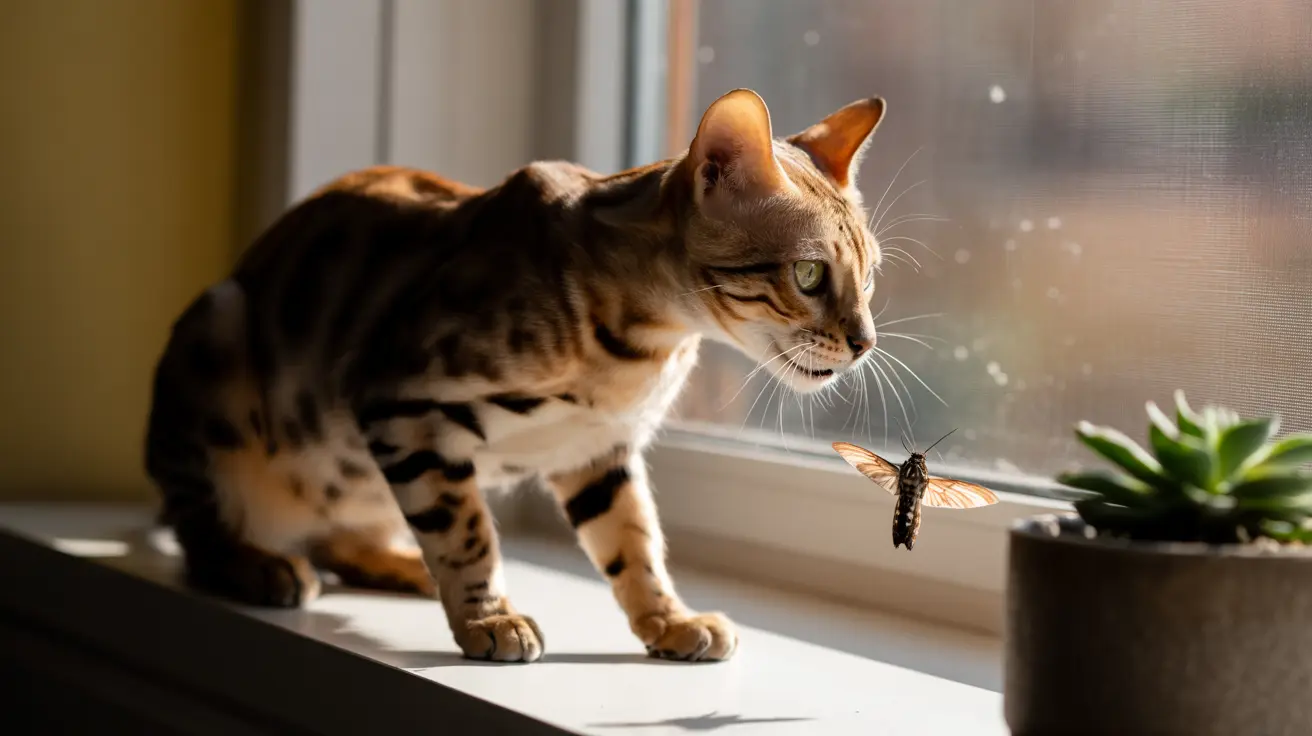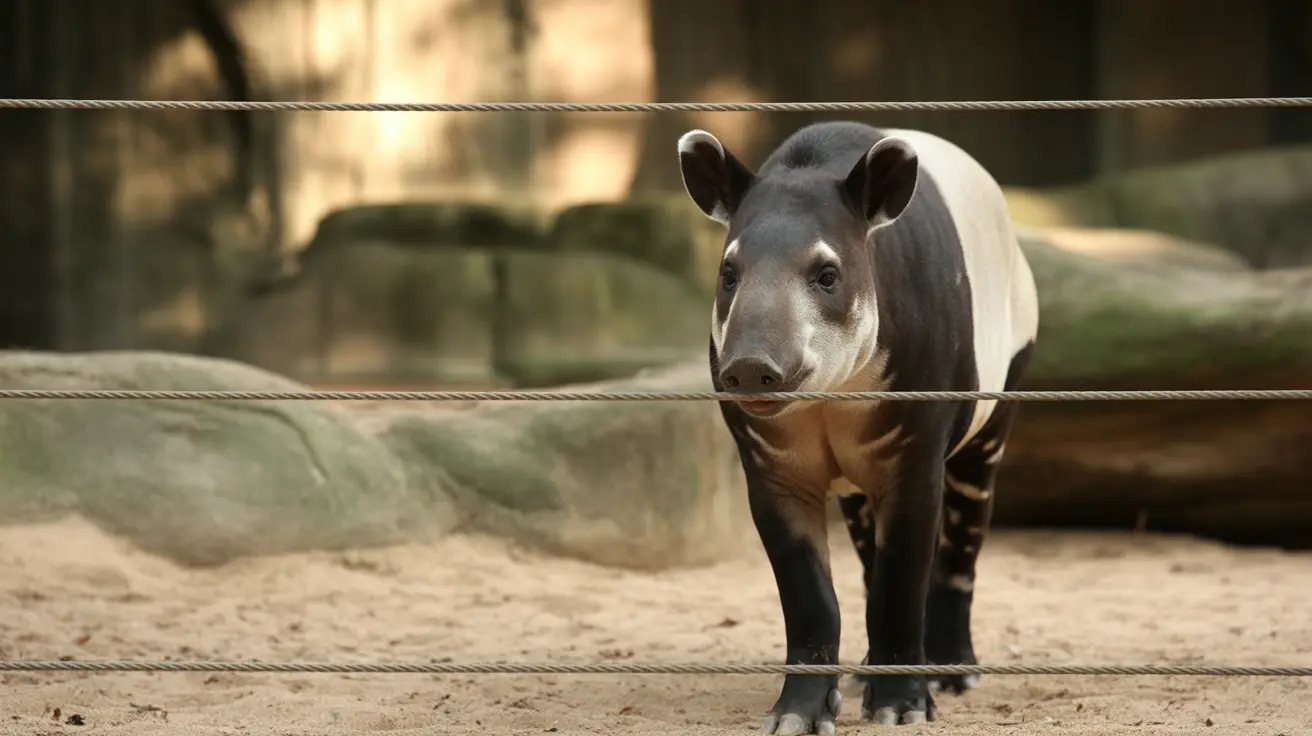Cats are fascinating creatures with deeply ingrained hunting instincts, and many pet owners wonder about their role in controlling household pests. While our feline friends certainly exhibit predatory behavior towards insects, understanding the extent and effectiveness of their bug-hunting abilities can help set realistic expectations for pet owners.
In this comprehensive guide, we'll explore the relationship between cats and bugs, examining their natural hunting behaviors, effectiveness as pest controllers, and important safety considerations for pet owners.
The Natural Hunter: Understanding Feline Predatory Behavior
Cats are born with an innate hunting instinct that persists regardless of their living situation or access to food. Their keen senses, quick reflexes, and agile bodies make them naturally equipped for catching fast-moving prey, including various insects.
These predatory skills are evident even in well-fed house cats, who often display hunting behaviors through play. The unpredictable movements of insects particularly trigger their chase response, making bugs natural targets for their hunting instincts.
Common Insects That Attract Cats' Attention
Different insects tend to attract varying levels of interest from cats. Fast-moving insects typically draw the most attention, including:
- Moths and butterflies
- Flies and mosquitoes
- Spiders
- Crickets
- Centipedes
- Cockroaches
The erratic movement patterns of these insects make them particularly enticing targets for cats, who may spend hours stalking and attempting to catch them.
The Hunt: From Chase to Capture
When cats encounter bugs, they typically follow a predictable pattern of behavior. First comes the alert stance, followed by careful stalking, then the chase, and finally, the capture. Some cats may play with their prey before either eating it or losing interest once it stops moving.
This hunting sequence isn't just about pest control – it's an important form of mental and physical stimulation for indoor cats who may have limited opportunities for natural hunting behaviors.
Safety Considerations for Bug-Hunting Cats
While most household insects are harmless if caught or consumed by cats, there are some important safety considerations to keep in mind:
- Venomous insects or spiders can pose serious health risks
- Bugs exposed to pesticides may be toxic if ingested
- Some insects can transmit parasites or diseases
- Excessive bug consumption might cause digestive upset
It's important to monitor your cat's behavior after any bug-hunting activity and contact a veterinarian if you notice concerning symptoms.
Effectiveness as Pest Control
Despite their hunting abilities, cats shouldn't be relied upon as a primary method of pest control. While they may help reduce occasional bug populations, they're generally not effective against:
- Large-scale infestations
- Persistent pest problems
- Hidden or nocturnal insects
- Insects in wall voids or other inaccessible areas
Professional pest control measures are still necessary for serious bug problems, even in homes with active hunter cats.
Frequently Asked Questions
Do cats actually kill bugs, or do they just play with them?
Most cats will both kill and play with bugs they catch. While some cats may lose interest once the bug stops moving, others will consume their prey after the hunt is complete.
Can eating bugs be harmful to my cat's health?
While most common household insects are harmless if eaten, some bugs can be dangerous. Venomous insects, those treated with pesticides, or certain species can cause health issues ranging from mild digestive upset to serious reactions.
Are cats effective at controlling bug or insect infestations in the home?
While cats may help control occasional bugs, they're not effective at managing serious infestations. Professional pest control methods are necessary for significant bug problems.
What types of bugs are cats most likely to hunt and eat?
Cats typically target fast-moving insects like flies, moths, spiders, and crickets. The erratic movement of these insects triggers their hunting instincts.
How can I safely manage my cat's natural instinct to hunt bugs indoors?
Provide alternative outlets for hunting behavior through interactive toys and play sessions. Monitor your cat during bug encounters and ensure your home is free from dangerous insects or pesticides.
Remember, while cats can help catch the occasional household bug, their primary value lies in being loving companions rather than pest control specialists. Understanding and supporting their natural hunting behaviors while ensuring their safety should be the priority for any cat owner.






